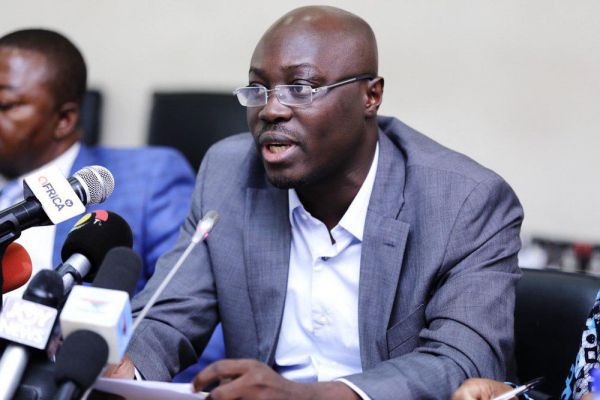A former Deputy Finance Minister, Dr. Casiel Ato Forson, has said that the imposition of new taxes and increments on some will take a toll of households and the private sector – which may result in making it difficult for them to pay back loans they took from banks, thereby increasing the non-performing loans.
In an interview with the B&FT, Dr. Ato Forson noted that given the dire consequences which the pandemic has had on individuals and businesses, this is rather the time to provide stimulus than to impose on them extra taxes which will make things more difficult for them.
“Businesses are going down, the banking sector is just about recovering….and you hit taxes on them? At the time when private sector that they [banks] lend money to are struggling? If care is not taken, non-performing loans are going to rise because the private sector is struggling. If care is not taken that will be a disincentive, and it is going to create dead-weight cost.
“This is not the time to tax people. Covid has had some negative impacts on some households and the private sector, especially small businesses. Do not increase taxes that seek to take part of their disposable income from households. You give stimulus at this stage, but do not mess it up the more,” he said.
According to the ranking member of the Finance Committee of Parliament, there are other ways that government could address the financial burden that COVID-19 has brought on the economy, instead of heaping taxes on the citizenry.
One of those ways, he said, is cutting down on unnecessary expenditure to make up for the loss of revenue experienced as a result of the pandemic.
The 2021 budget presented to Parliament last Friday has introduced some new taxes and revised some existing ones upward to generate more revenue to cater for the country’s high expenditure, resulting from COVID-19 impacts and other factors on the economy.
The Budget, presented by the ‘Caretaker Finance Minister’ Osei Kyei Mensah-Bonsu, revealed a new tax dubbed the ‘COVID-19 Health Levy’ has been introduced. This will result in a one percentage point increase in the National Health Insurance Levy and a one percentage point increase in the VAT Flat Rate to support expenditures related to COVID-19.
There is also a proposal of a Sanitation and Pollution Levy (SPL) of 10 pesewas on the price per litre of petrol/diesel under the Energy Sector Levies Act (ESLA), and a further Energy Sector Recovery Levy of 20 pesewas per litre on petrol/diesel under ESLA.
Additionally, there is a proposal to increase fuel prices by 5.7 percent; and also a road toll revision expected to be pegged at current market rates; as well as the introduction of a gaming policy to generate some revenue from the gaming industry.
The budget also stated government’s decision to slap a financial sector clean-up levy of 5 percent on profit-before-tax of banks to help to help defray outstanding commitments stemming from the financial sector clean-up exercise.










